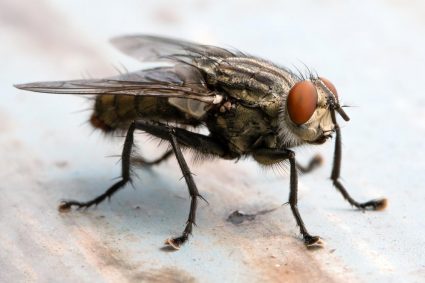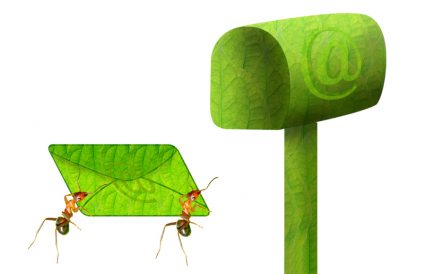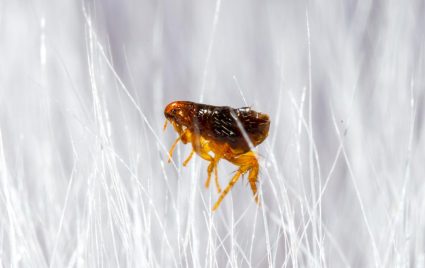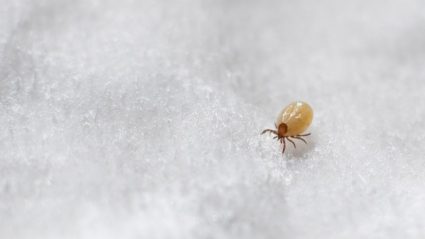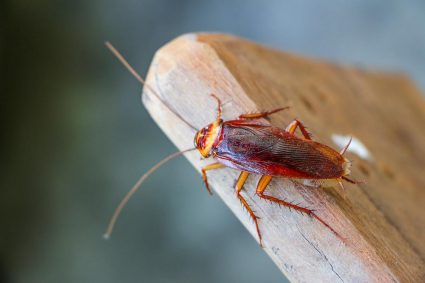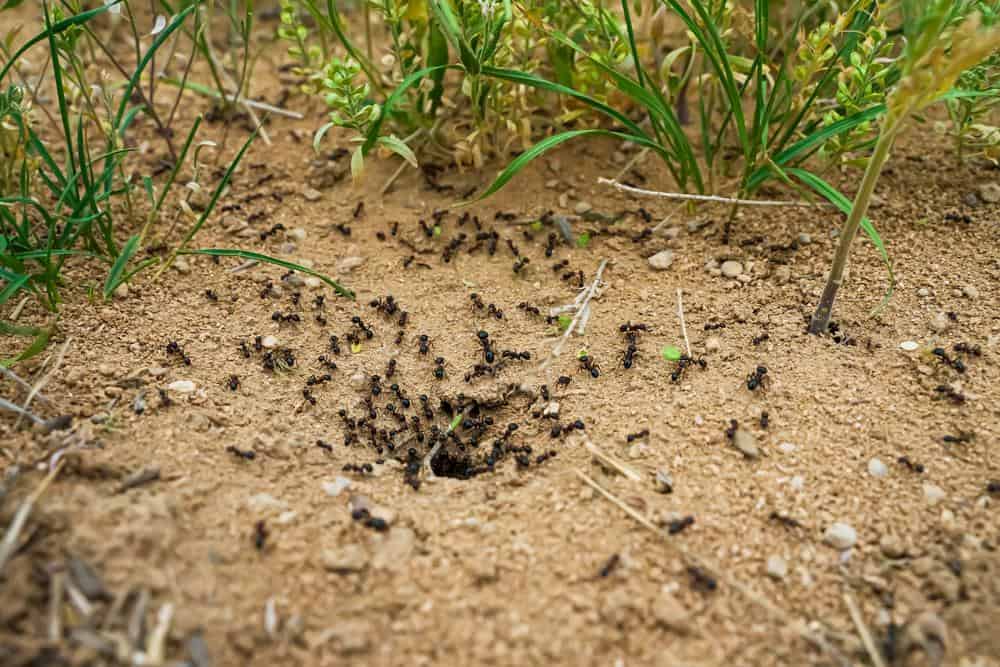
Ants are remarkable creatures, with their organized colonies and uncanny ability to find food sources. However, when these tiny insects invade your home, they can become a significant nuisance. Understanding how ants get into your house can help you take the necessary steps to prevent an infestation and keep your home ant-free.
Tiny ants can get into your house through various entry points including open doors and windows, tiny cracks in walls, gaps in the foundation, or by hitching a ride on items brought inside. They are attracted to your home in search of food, water, and shelter. To prevent them from entering, you should seal potential entry points, maintain cleanliness, store food properly, and eliminate sources of moisture.
Common Entry Points for Ants
Ants are small and versatile, allowing them to infiltrate your home through various entry points. Some of the most common entry points include:
- Open doors and windows: This is probably the most straightforward entry point. Ants can easily crawl in through open doors and windows in search of food and water.
- Cracks in walls: Ants can squeeze through the tiniest cracks in your walls, particularly those around windows, doors, and vents.
- Gaps in the foundation: If your home’s foundation has any gaps, ants can find their way through these spaces.
- Hitching a ride inside: Ants can also enter your home by hitching a ride on items brought inside, such as groceries, firewood, or outdoor furniture.
The Attraction: Why Ants Enter Your Home
Several factors can attract ants to your home, including:
- Food: Ants are particularly attracted to sugary substances. Spilled juice, fruit, sweets, or crumbs can all attract ants to your kitchen.
- Moisture: Areas with excess moisture, such as bathrooms, kitchens, and basements, can draw ants inside. Leaking pipes or water sources in the yard can also attract ants.
- Shelter: Ants may seek shelter in your home to protect their colonies from extreme weather conditions. They also prefer warm, sheltered spaces, making your home an ideal haven.
The Consequences of an Ant Infestation
An ant infestation in your home can lead to several potential consequences:
- Structural damage: Carpenter ants can cause significant structural damage by tunneling through wood structures, similar to termites.
- Food contamination: Ants can contaminate your food by crawling on it, potentially leading to foodborne illnesses.
- Allergic reactions: Some people are allergic to ant bites, which can cause itching, swelling, and other discomforts.
Prevention: Keeping Ants Out of Your Home
Preventing an ant infestation involves addressing the factors that attract ants in the first place:
- Seal cracks and gaps: Use a silicone-based caulk to seal any cracks or gaps around your windows, doors, and the foundation of your home.
- Maintain cleanliness: Regularly clean your home, paying particular attention to the kitchen. Wipe up any spills immediately, and don’t leave dirty dishes in the sink overnight.
- Store food properly: Keep food in airtight containers, and clean up any spills or crumbs immediately.
- Eliminate sources of moisture: Fix any leaks in your home and ensure your rooms are well ventilated.
Effective Methods to Remove Ants
If ants have already made their way into your home, there are several ways to remove them:
- Natural remedies: Use a mixture of white vinegar and water to kill ants on contact. You can also create a homemade ant bait using borax and sugar, which the ants will carry back to their colony, poisoning it.
- Commercial products: There are many effective insecticides and ant baits available on the market. Always follow the manufacturer’s instructions when using these products.
- Professional pest control: If the infestation is severe, it may be necessary to hire a professional pest control service.
By understanding how ants enter your home and what attracts them, you can take steps to prevent an infestation and maintain a comfortable, ant-free home. Remember, the key to preventing ants from entering your home is to eliminate what attracts them: food, water, and shelter.
Frequently Asked Questions
What are some other natural remedies for an ant infestation?
Other natural remedies include using essential oils like peppermint, tea tree, or citrus, which can repel ants. Diatomaceous earth is also a safe and natural insecticide that can be used to kill ants.
What types of ants commonly infest homes?
The most common types of household ants include carpenter ants, odorous house ants, pavement ants, and pharaoh ants.
How can I tell if I have an ant infestation?
Signs of an ant infestation include seeing live ants, finding ant pathways in or around your home, and discovering a nest, which looks like a small pile of soil or dirt.
How quickly can an ant infestation spread?
An ant infestation can spread quickly, depending on the species and the availability of food and water. Some colonies can grow by thousands of ants in just a few weeks.
Are there any health risks associated with an ant infestation?
While ants do not typically carry diseases, they can contaminate food with bacteria and other pathogens they’ve picked up while crawling in unsanitary areas. Also, some people may have allergic reactions to ant bites.

